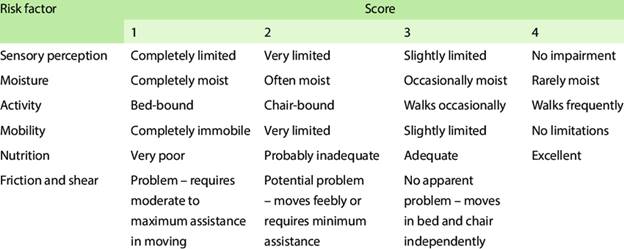The nurse is caring for a patient who is being discharged from the hospital after being treated for hypertension. The patient is instructed to take blood pressure 3 times a day and to keep a record of the readings. The nurse recommends that the patient purchase a portable electronic blood pressure device. Which other information will the nurse share with the patient?
You will need to use a stethoscope properly.
You can move your arm during the reading
You can apply the cuff in any manner
You will need to recalibrate the machine
The Correct Answer is D
A. You will need to use a stethoscope properly. A portable electronic blood pressure device is automatic and does not require the use of a stethoscope. The device detects oscillations in arterial pressure to provide a reading.
B. You can move your arm during the reading. Movement during the reading can interfere with accuracy and produce incorrect results. The patient should keep the arm still and at heart level.
C. You can apply the cuff in any manner. The cuff must be applied correctly—snug but not too tight, with the lower edge about 1 inch above the antecubital fossa, and the bladder of the cuff positioned over the artery—to ensure accurate readings.
D. You will need to recalibrate the machine. Electronic blood pressure devices require periodic recalibration to maintain accuracy. The patient should follow the manufacturer’s guidelines for recalibration and compare readings with a manual blood pressure check at clinic visits.
Nursing Test Bank
Naxlex Comprehensive Predictor Exams
Related Questions
Correct Answer is D
Explanation
- Sensory perception: Slightly limited (score of 3)
- Moisture: Rarely moist (score of 4)
- Activity: Walks occasionally (score of 3)
- Mobility: Slightly limited (score of 3)
- Nutrition: Excellent intake (score of 4)
- Friction and shear: No apparent problem (score of 3)
Adding these scores together: 3 + 4 + 3 + 3 + 4 + 3 = 20
Therefore, the nurse should document a score of 20 for this patient.

Correct Answer is B
Explanation
A. AV Node: The AV node is responsible for delaying electrical impulses before they pass to the ventricles, but it does not generate the P wave. It affects the PR interval rather than the P wave itself.
B. SA Node: The SA (sinoatrial) node initiates electrical impulses and is responsible for atrial depolarization, which produces the P wave on an ECG. This makes it the correct answer.
C. Purkinje Fibers: The Purkinje fibers play a role in ventricular contraction (QRS complex), not in the formation of the P wave.
D. Bundle of HIS: The Bundle of HIS transmits impulses to the ventricles and is involved in ventricular depolarization, not atrial activity. It is not responsible for the P wave.
Whether you are a student looking to ace your exams or a practicing nurse seeking to enhance your expertise , our nursing education contents will empower you with the confidence and competence to make a difference in the lives of patients and become a respected leader in the healthcare field.
Visit Naxlex, invest in your future and unlock endless possibilities with our unparalleled nursing education contents today
Report Wrong Answer on the Current Question
Do you disagree with the answer? If yes, what is your expected answer? Explain.
Kindly be descriptive with the issue you are facing.
